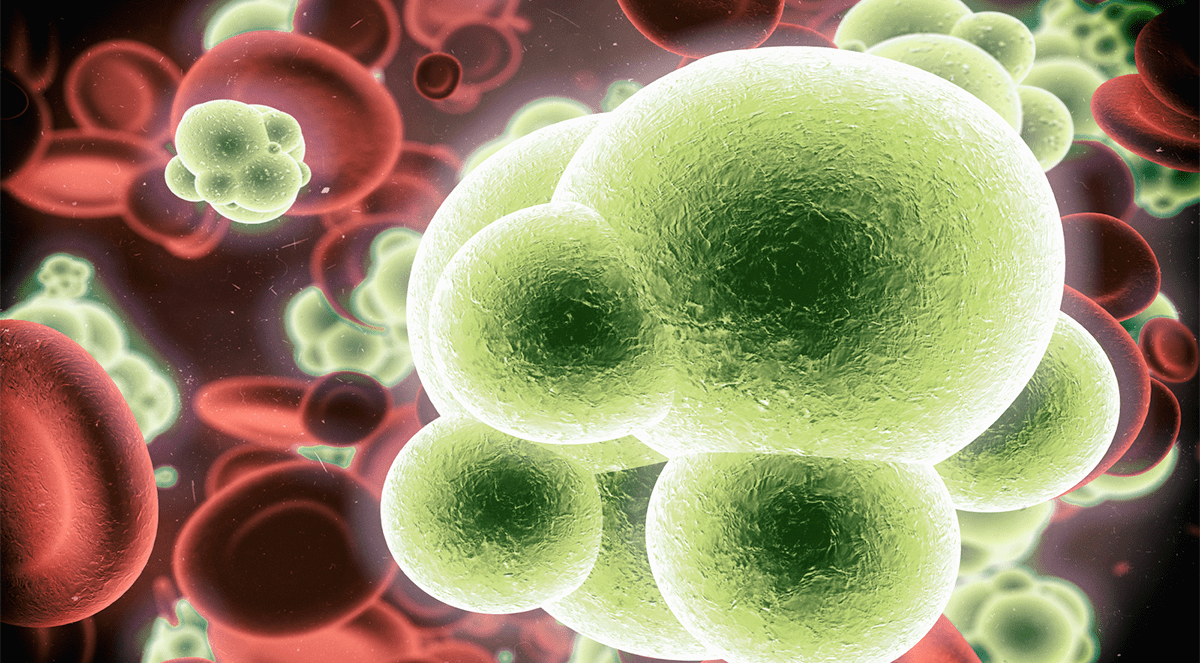Scientists report that they now know how to build a molecular Trojan horse that can penetrate gram-negative bacteria, solving a problem that for decades has stalled the development of effective new antibiotics against these increasingly drug-resistant microbes. The findings appear in the journal Nature.
Led by University of Illinois chemistry professor Paul Hergenrother, the scientists tested their approach by modifying a drug that kills only gram-positive bacteria, which lack the rugged outer cell membrane that characterizes gram-negative microbes and makes them so difficult to combat. The modifications converted the drug into a broad-spectrum antibiotic that could also kill gram-negatives, the team reports.
Related Articles
- The Epidemiology and Pathophysiology of Gram-Negative Pathogens in Hospitalized Patients
- Effective Combination Therapy Could Change Medical Practice for Treatment of Drug Resistant Infections
- World Health Organization Publishes List of Bacteria for Which New Antibiotics are Urgently Needed
Gram-negative bacteria include pathogenic strains of Escherichia coli, Acinetobacter, Klebsiella and Pseudomonas aureginosa, all of which, according to the Centers for Disease Control and Prevention, are becoming “increasingly resistant to most available antibiotics.”
The effort to find new antibiotics to combat these pathogens has failed again and again simply because almost all new drugs are unable to penetrate the gram-negative bacterial cell wall, Hergenrother said.


